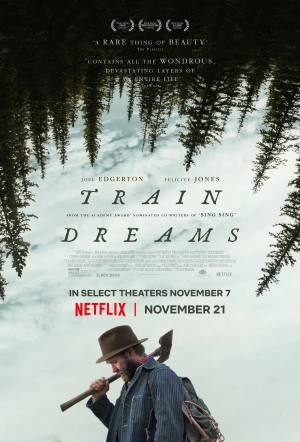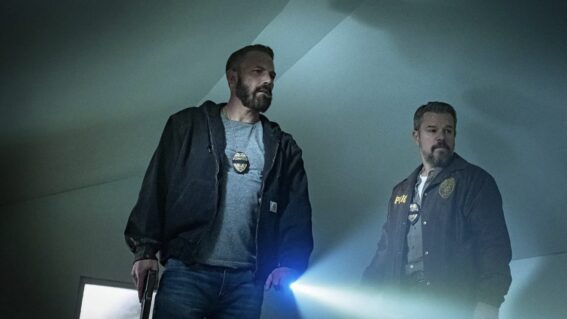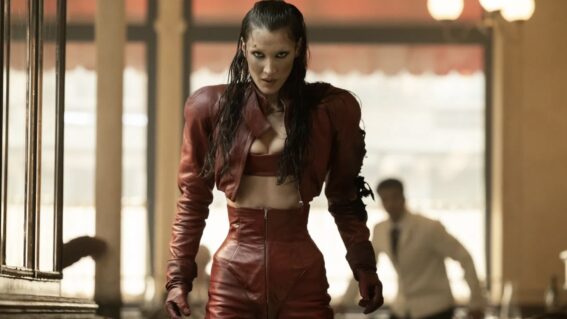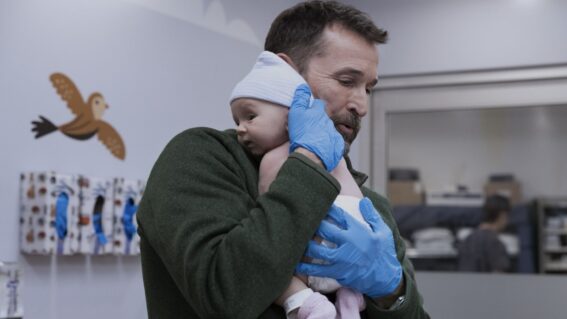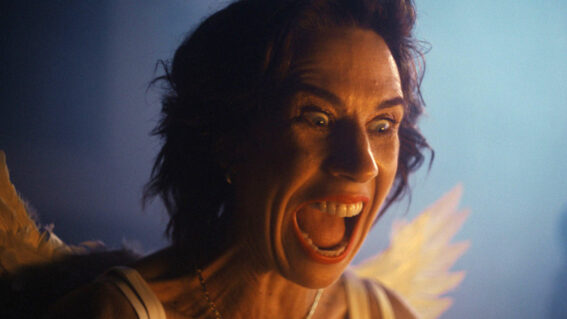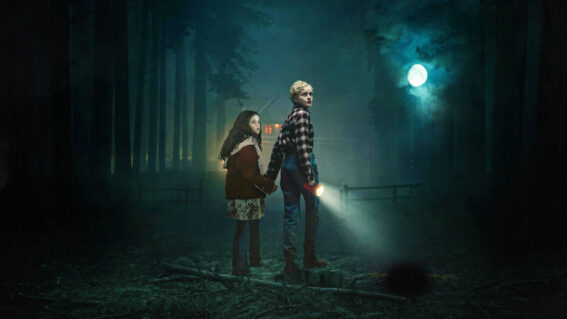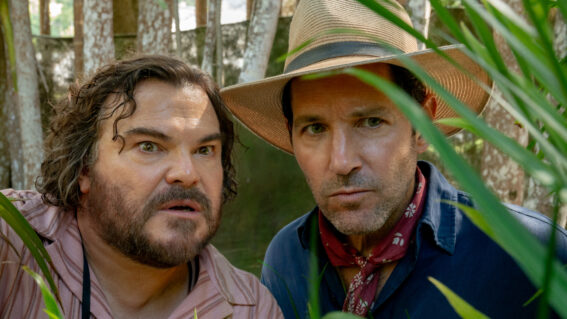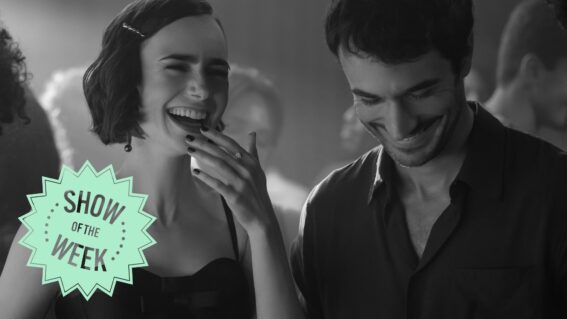Train Dreams is one of the great films of 2025
Joel Edgerton has drawn widespread acclaim for his performance in Netflix’s beautifully composed meditation on work, wonder, and lives that slip quietly through history’s cracks.
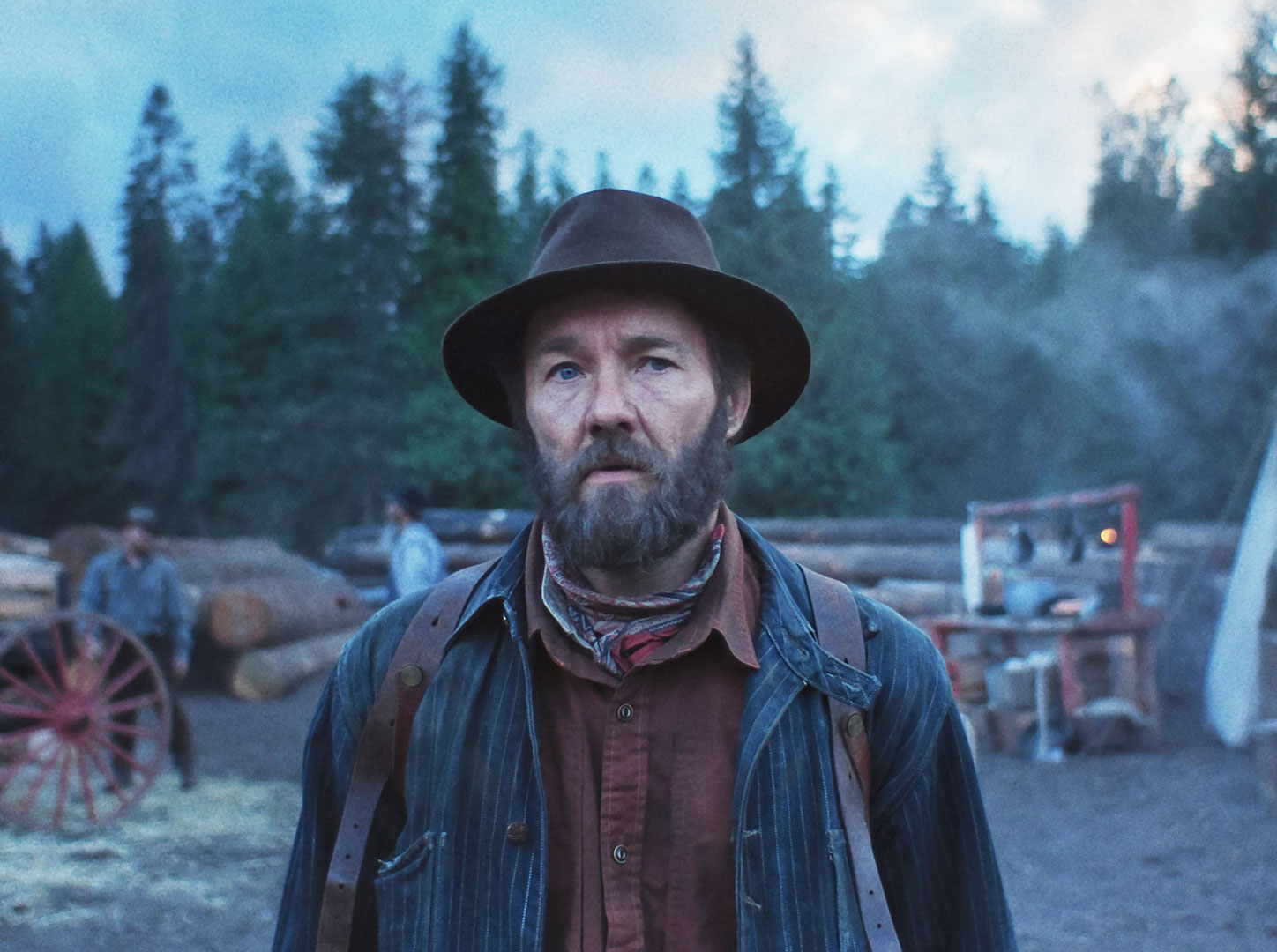
In its tone, setting, and use of a verbose all-knowing narrator whose commentary forms the spine of the experience, Clint Bentley’s superb period drama Train Dreams reminded me of Andrew Dominik’s rambling western The Assassination of Jesse James by the Coward Robert Ford. Both are outdoorsy and contemplative, charting their characters’ lives against the gradual churn of historical and social change. Dominik circles myth-making and legend, while Bentley dwells on the poignant idea that the identity of his protagonist Robert (Joel Edgerton)—an American logger working in the Pacific Northwest in the early 20th century—is bound to a vanishing way of life.
The more I considered this, the more poignant it became; I wonder whether the same might be true of all of our professions and everybody’s lives. Train Dreams (adapted from Denis Johnon’ novella of the same name) is the kind of film that gets you pondering; the kind that swims around in your mind afterwards. If pathos were something that could literally drip from the frame, the ground underneath any screen playing it would before long need one of those “caution, wet floor signs.” And yet it’s not cerebral or pretentious; in fact it’s beautifully paced and a real pleasure to watch—one of the year’s quiet marvels and one of its best films.
Whereas the rambling nature of Dominik’s film is reflected in its more than two-and-a-half hour runtime, Bentley’s approach has a “less is more” cadence, clocking in at a comparatively lean 102 minutes, which feels like the perfect amount of time to tell this story. No shot feels out of place, no moment lingers for too long. Expect scenes in which men chop wood then sit around a log fire at the end of the day, chewing the fat, perhaps reflecting on their lives and pasts; it almost feels like we’re one of them too, staring at the flames and pondering our circumstances.
The narrator explains that nothing much interested Robert—an Idaho orphan adopted at a young age—until he met Gladys (Felicity Jones). It’s here that we begin to hear from Robert himself, a stoic, hard-working type, though not in the cliché or even expected sense; we sense that he can dream, smile, share, and savour the richness of other people’s company.
The pair marry, have a baby, and build a cabin in the woods, living an idyllic life—but logging season inevitably returns and Robert must leave for extended stretches. There’s no moment in which he declares “I miss my wife”; no letter penned home. Bentley trusts the audience to work things out, or simply to feel, on our own, without unnecessary signposting.
This is a beautiful film, emotionally and aesthetically—a complex, melancholic kind of beauty. Much of its visual allure comes from Adolpho Veloso’s handsome cinematography, which is largely handheld but has a poised, almost photographic kind of stillness. Its emotional pull emerges partly from the way special figures come and go in Robert’s lives; present for a while, then drifting away to pursue their own paths or succumb to their own fates. Some have purpose, others seem rudderless. Another thing I contemplated afterwards was whether Train Dreams is about the difference between existing and living.
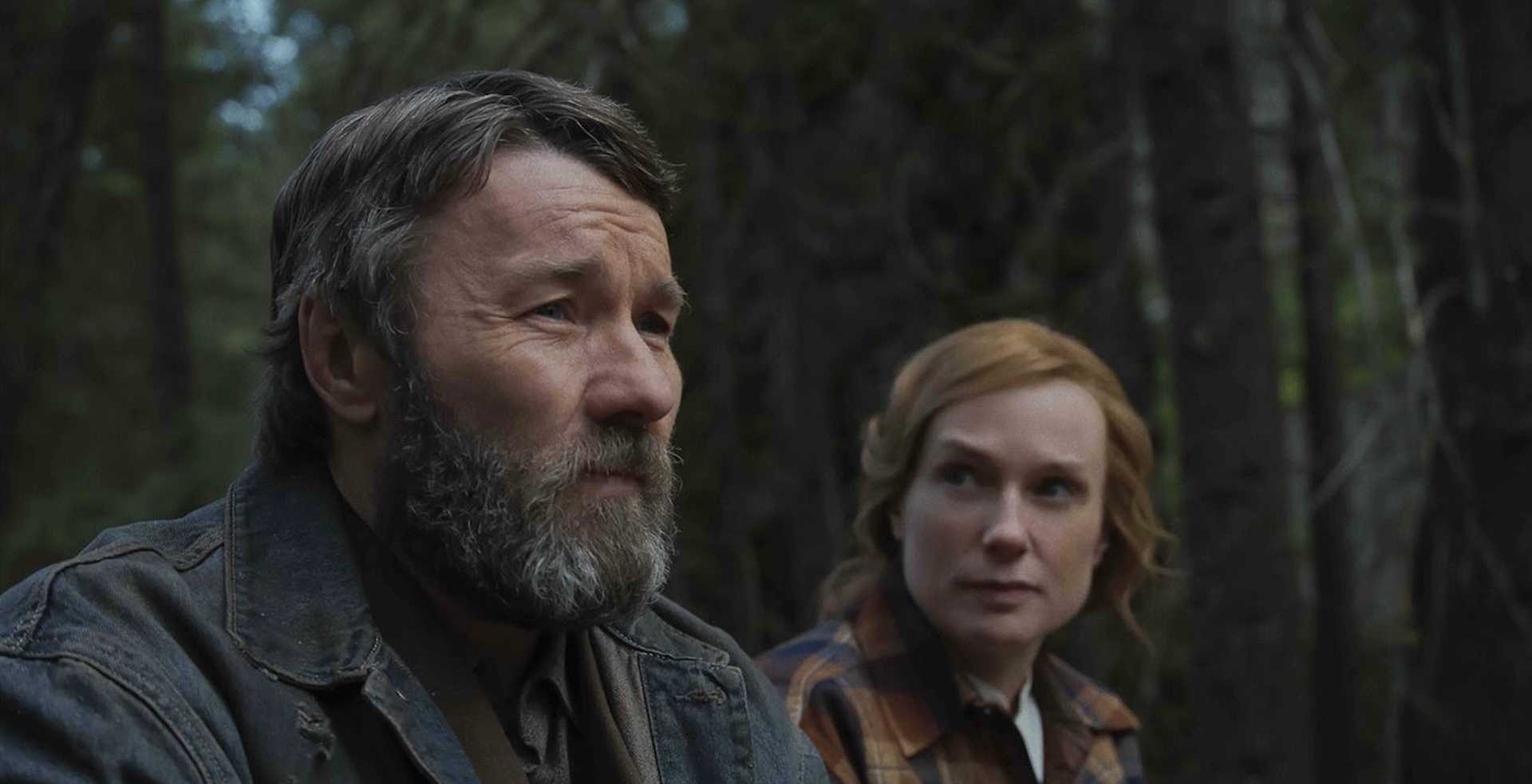
The supporting cast includes a memorable performance from William H. Macy as Arn Peeples, Robert’s friend and fellow logger, who has a manner of speaking that feels true to life but not often captured on screen: an absent-minded chattiness, partly directed at himself, partly at no-one in particular, but always suggesting he’s available for genuine connection. Macy delivers an awful lot, from a relatively small amount of screentime.
Edgerton of course is the principal attraction, acting-wise, his performance generating Oscar speculation and rave reviews, at least four publications (with I’m sure many more to follow) describing it as the best or possibly the best of his career. It doesn’t take long to see what all the fuss is about: it’s a restrained, finely layered, melancholic portrait of an everyman, whose life is unremarkable but whose story, told with tenderness and care, is interesting partly because it exists in dialogue with those larger social and historical shifts unfolding around it. The voice-over narration may be verbose, but the film’s most enrichening details are left unsaid.





